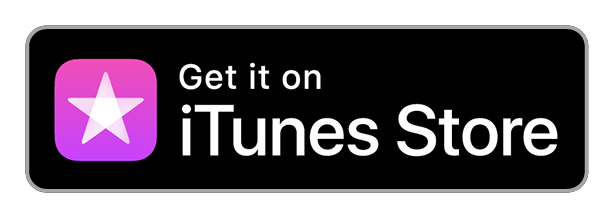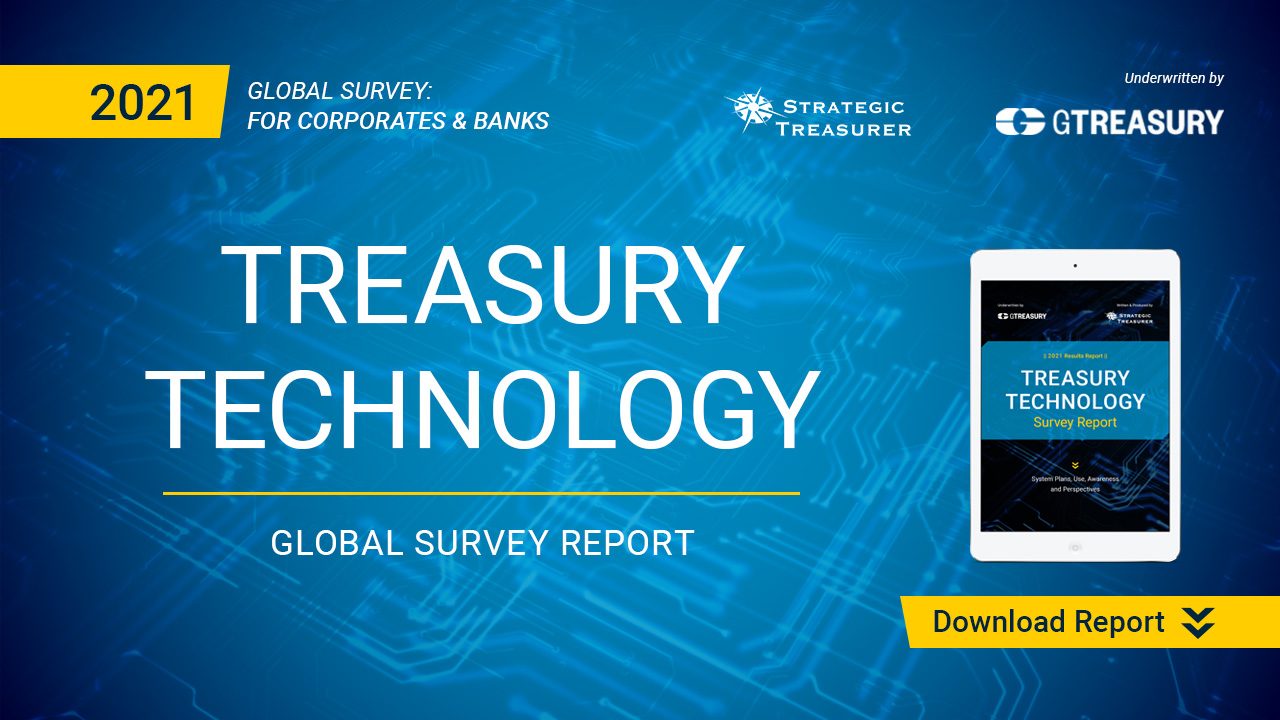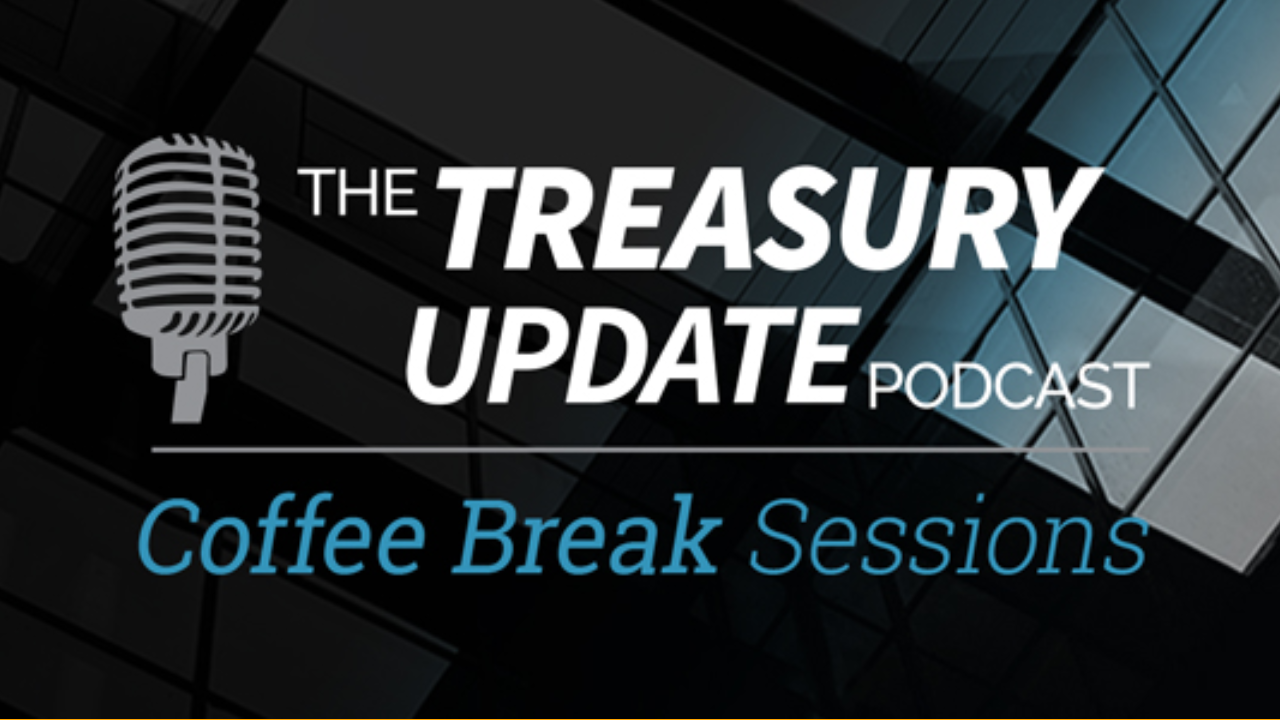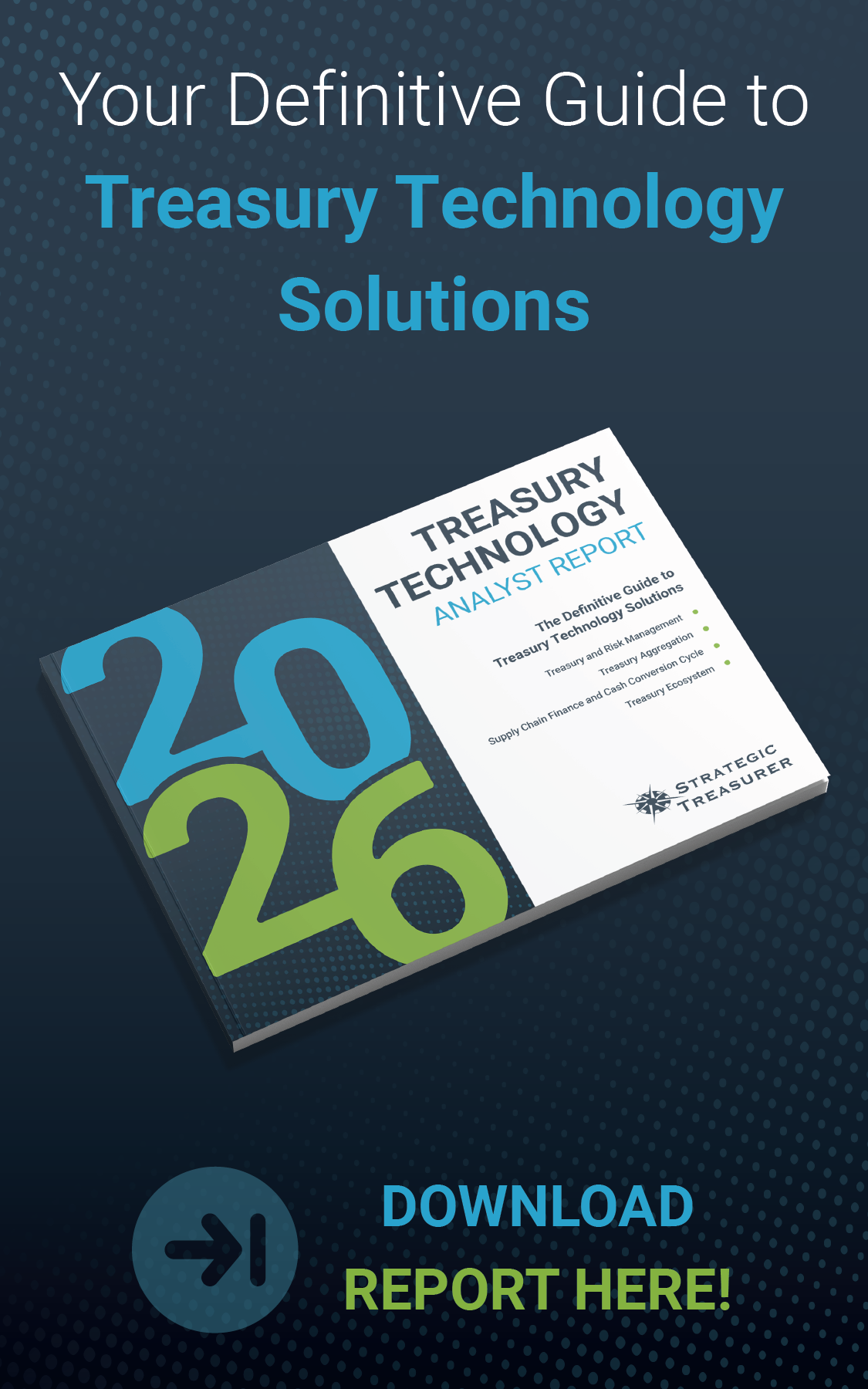
Session 57
Coffee Break Session:
What Do Business Intelligence Tools Do?
What do business intelligence tools do? Host Alexa Cook catches up with Strategic Treasurer’s Managing Partner, Craig Jeffery, to discuss business intelligence tools, what they do, and how they can be leveraged. Listen in and learn a little bit about BI tools.
Host:
Alexa Cook, Strategic Treasurer


Speaker:
Craig Jeffery, Strategic Treasurer


Episode Transcription - (Coffee Break Session Series) - Episode 57 - What do Business Intelligence Tools Do
Alexa Cook 0:08
Hey guys, welcome to The Treasury Update Podcast Coffee Break session. The show where we recover foundational treasury topic questions in about the same amount of time it takes you to drink your coffee. I am your host Alexa, and I’m joined today with Craig Jeffrey, Managing Partner of Strategic Treasurer. So, today we’re going to shift away from cash and sort of talk about what I like to think is a more broad term and that is business intelligence tools. So, Craig, could you go ahead and get us started and let us know what do business intelligence tools do?
Craig Jeffery 0:41
These tools allow us to see and discover things in real-time or close to real-time? And part of that is the self-discovery aspect where we can ask a question of, the user can I ask a question, and they’re able to get what they want without having to do all this programming or, you know, knowing all the various detailed languages and tools that you had to have somebody you know, in IT set these things up. So, it’s a lot more self-discovery, self-learning. Part of that is the business intelligence tools take advantage of data that’s positioned. They also pull much of this information into memory and make other associations that were harder to do in the past. So, it’s changed how we store data, how we associate data, how we hierarch it for reporting, and how users learn and discover.
Alexa Cook 1:37
When I was in treasury, I felt like the only thing that we did was use Excel. So, would Excel be a business intelligence tool?
Craig Jeffery 1:45
Not really, you know, Microsoft has a stack of services that are business intelligence tools that would meet some of the broader requirements and broader definitions of what a business intelligence tool is. But some aspects of the concept of this self-controlled discovery is quite similar. I mean, Excel you know, is one of those tools that democratizes much of the activity of analysis and creating models and so, because it’s so easy to use, it’s great for doing this free form. I’ve got to figure something out and I can model, and I pull data in, I enter data, I download items. I use pivot tables, and other slicers and other things that helped me see data in different ways. So, to some extent, Excel continues to grow for powerful data analytics on, so I have like Excel Services and, and other tools in their BI stack that allow you to do more and more with what goes on. But, you know, these tend not to have you know, error checking and other some other key features that business intelligence tools have, such as in memory computing and some of the abilities to see the relationships between tables in a hyper user-friendly manner. So that’s kind of a “not really” answer.
Alexa Cook 3:09
Okay. No, that’s great. How can business intelligence tools help treasury or what I guess business intelligence tools out there are geared for treasury?
Craig Jeffery 3:18
The first question is probably the easiest one to cover in today’s session, so I’ll focus on that. Treasury is in a knowledge business. This is a business that we have to understand the relationship between different activities, different events, different counterparties and how that can have an impact on our business, our profitability, our cash flow, exposures that we have, the level of risk. And so, if you think about the concept of we don’t know everything that could happen, first for sure. We may have a pretty good idea of what has happened, and could that happen again, the idea of anticipation means we have to run different models that help us to anticipate what could happen. We also have to run models very quickly. When things happen that we hadn’t anticipated to determine what does that do to our cash position, cash flow, profit ability to meet demands and needs as they arise in different geographies, different locations, and so this requires, in some sense of being both really flexible and quick to adapt. And part of it is thinking about things that could happen before you’re asked about them. Business Intelligence tools help treasury because it’s knowledge-built business. We ask questions, we learn, we’re able to go deeper and some of those insights can have a massively positive influence on an organization’s profitability can have a really strong influence on helping the organization understand the risks and exposures that they face.
Alexa Cook 5:00
That’s great. So, then are the uses of business intelligence tools, standard practice?
Craig Jeffery 5:06
I’m not sure how to answer that. There’s some aspect of it where more than half of people are using business intelligence tools in some way. But it’s not pervasive. So, are they pervasive? No. Is it standard practice that people have some experience with it? I would say yes. The use has grown rapidly. It’s not as common as you or I would like, but the BI tools are used more and more frequently to replace static reports or reports that require a lot of entry or manipulation and they’re becoming very common in the different applications we use, like our ERP systems, our risk management platforms or treasury systems, etc. So those are those are becoming common that the area where they’re less used is when we have these requirements to do reporting or analysis that has to use data that’s in various systems or cross system reporting. And that’s an area that’s growing. To do this, this is oftentimes joined with some of these terms that are newer, big data, data lakes, you know, some of those come up. So, data lakes are, are places to store lots of data that may be structured and unstructured, and semi structured. Big data is this idea. There’s a ton of it, data lakes or blobs or places to store it, and BI tools are methods and tools to access that data so that we can make sense of it. And so, it’s becoming more standard, but I think one of the key things about this is that everyone in finance, certainly everyone in treasury needs to understand what business intelligence is and some of these other concepts at a deeper level than many people do now. So, that’s how I describe the use of business intelligence tools now.
Alexa Cook 7:01
Yeah, so even when I asked that question, I knew that the answer would probably be somewhere along that it definitely varies, but they are used. So, then just to do a quick recap, of today, and what business intelligence tools do. So, they’re really tools that allow us to discover things in real-time or close to it. And I like how you said it was really, you know, tools that allow for self-discovery or self-learning. Excel is not an example of one and how our business intelligence tool helping treasury is., with treasury being a knowledge business, it’s really feeding us and being able to anticipate things and having the quickest responses. And then again, the use of these tools are definitely growing rapidly, whether it’s in the forms of big data or data lakes. Yeah, so I guess Thank you, Craig, for joining me today on this topic, and thank you to all of our listeners and make sure you’re tuning back in every first and third Thursday of the month for new episodes. And as always, we welcome your questions, comments, or topics. If you want to send us an email at podcast@strategictreasurer.com. Thanks again, Craig.
Craig Jeffery 8:01
Thank you.
OUTRO 8:07
This podcast is provided for informational purposes only, and statements made by Strategic Treasurer LLC on this podcast, are not intended as legal, business, consulting, or tax advice. For more information, visit and bookmark strategictreasurer.com.







